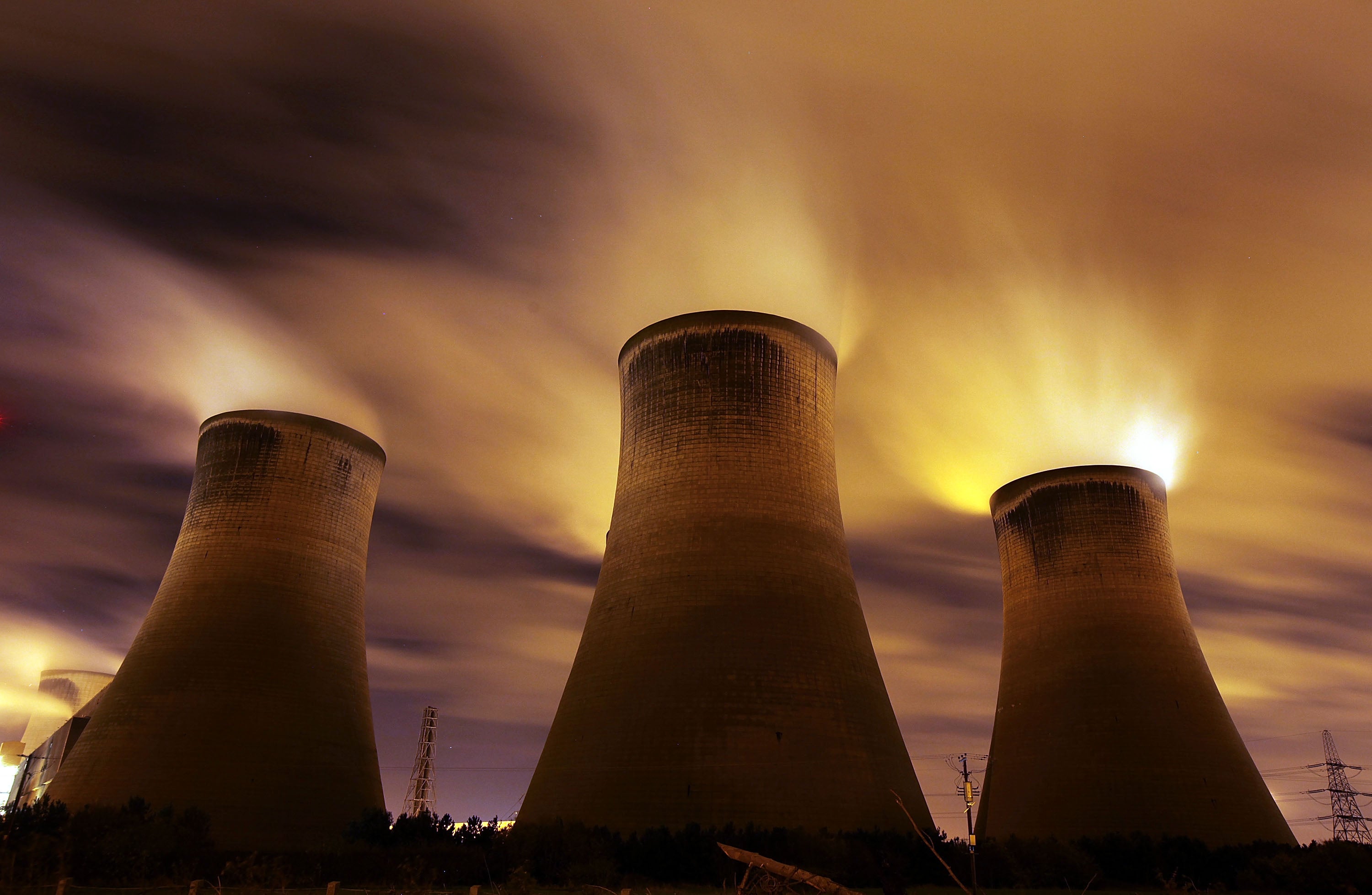Is the idea of net zero realistic, or just a dangerous trap?
Scientists James Dyke, Sir Robert Watson and Wolfgang Knorr believes humanity has gambled its civilisation on no more than promises of future solutions

Sometimes realisation comes in a blinding flash. Blurred outlines snap into shape and suddenly it all makes sense. Underneath such revelations is typically a much slower-dawning process. Doubts at the back of the mind grow. The sense of confusion that things cannot be made to fit together increases until something clicks. Or perhaps snaps.
Collectively the authors of this article must have spent more than 80 years thinking about climate change. Why has it taken us so long to speak out about the obvious dangers of the concept of net zero? In our defence, the premise of net zero is deceptively simple – and we admit that it deceived us.
The threats of climate crisis are the direct result of too much carbon dioxide in the atmosphere. So it follows that we must stop emitting more, and even remove some of it. This idea is central to the world’s current plan to avoid catastrophe. In fact, there are many suggestions as to how to do this, from mass tree planting, to high tech direct air capture devices that suck carbon dioxide out from the air.
Subscribe to Independent Premium to bookmark this article
Want to bookmark your favourite articles and stories to read or reference later? Start your Independent Premium subscription today.
Join our commenting forum
Join thought-provoking conversations, follow other Independent readers and see their replies